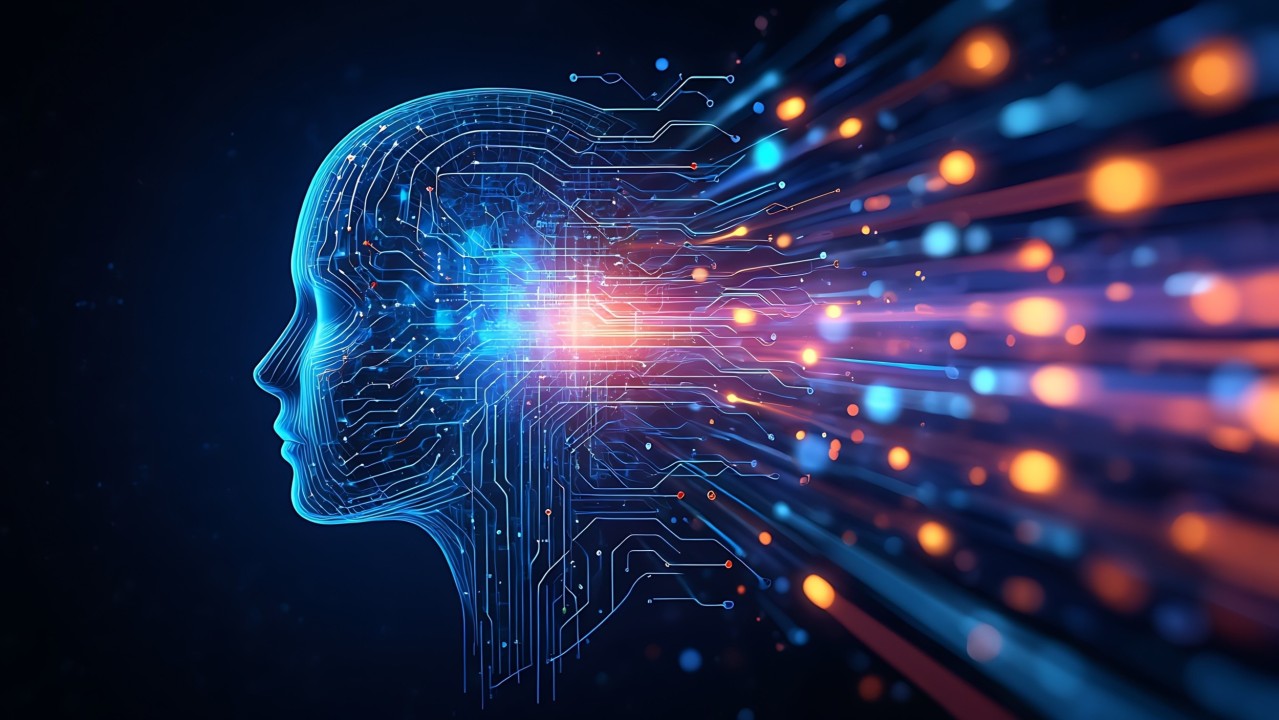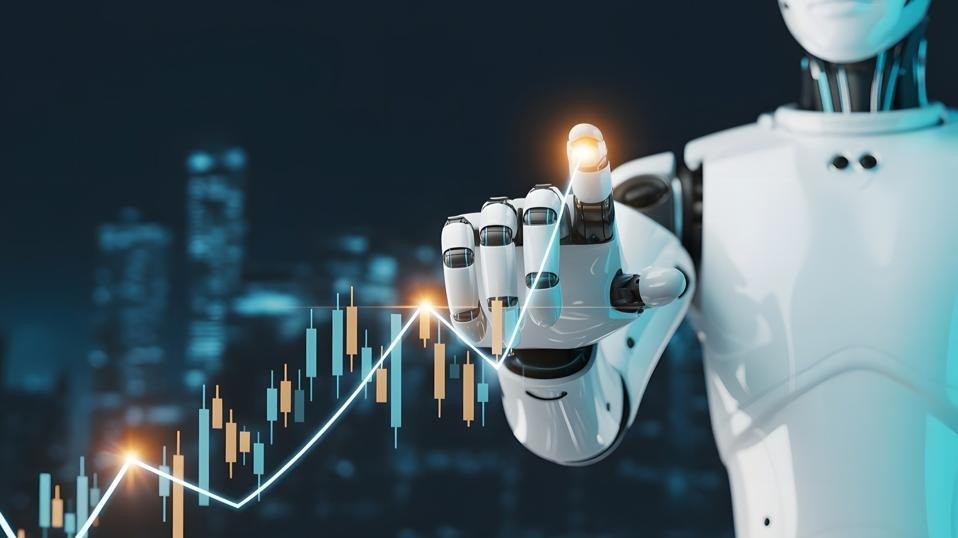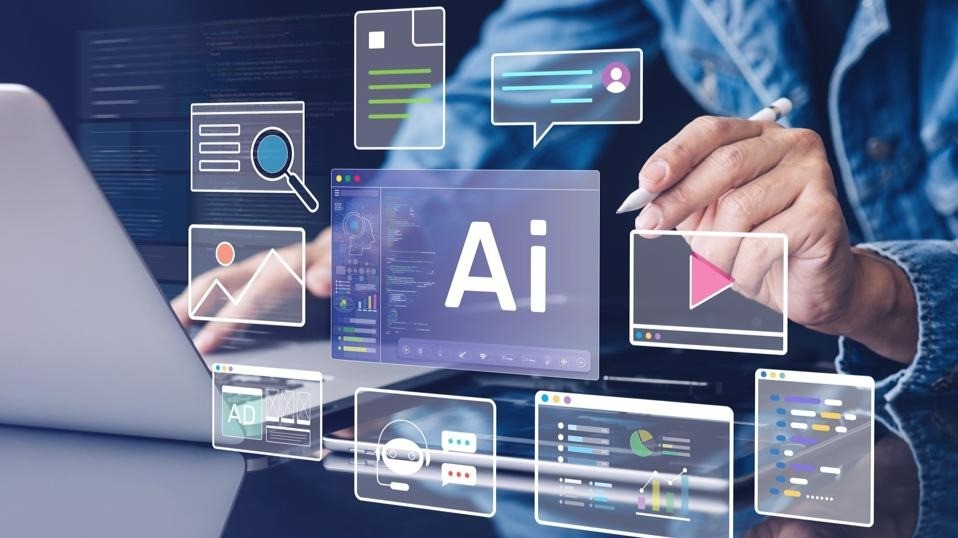Robots Come To Job Search: AI-Powered Head Hunters Disrupt Recruitment Industry
2 July 2021
The efficiency of the recruitment industry is set by the ability of employers and agents to match candidates to vacancies. With a typical hire taking up to six weeks and costing upwards of $4,000, more accurate matching can clearly lead to reduced waste of time and resources, and an impact on a business’s bottom line.

Artificial intelligence, or more specifically, machine learning, excels at matching, of course. One of the inspirations behind Helena – an “AI head hunter” created by recruitment platform Woo – is the recommendation engines developed by online retailers like Amazon.
Impressively, according to Woo CEO and founder LiranKotzer, early results show that employers are accepting for interview 52% of candidates put forward by Helena. This compares very favourably to performance of human recruitment agents, where the average figure is around 20%, and far better than relying on respondents to postings on job boards – where just 2.5% of applicants will be suitable for interview.
“The recruitment market is broken,” Kotzer says. “It’s a 200bn market in the US alone – and the problem we have is that 95 per cent of the effort and money spent in that market is wasted.
“When you have talent and employers trying to find each other – 95 per cent of both of their efforts are going on filtering each other. Even if they go to interview, most interviews end without a hire, so that’s another point where both parties filer each other out.”
Robot head hunters
Woo’s answer to the problem is self-teaching robots which rely on sophisticated machine learning to become increasingly more successful at matching candidates to vacancies. Their initial training came from top-flight human recruiters and headhunters. Woo employed a team of them with experience recruiting for leading tech firms such as Google and Facebook to provide behavioural data for its algorithms to learn from. After providing the initial training data, the human team now works in parallel with the AI headhunter Helena, teaching her, and occasionally learning themselves.
“Sometimes they see Helena hunting people who they wouldn’t expect to be head hunted for a role, and they would say ‘oh my God,why is she hunting these people?”
“But often those people end up getting moved through the process and sometimes even hired. Because Helena is able to explain to employers why they might be better for them.”
This could be of huge benefit to job seekers whose backgrounds might not exactly match what recruiters initially think is important, but whose experiences might make them a good match, regardless.
Kotzer says “For me that’s the most amazing thing going on right now, because Helena is being able to open more opportunities for more people and putting more candidates on the radar.”
Will human head hunters soon have to hope that, like doctors and lawyers, the ‘human touch’ aspect of their work is critical enough to keep their jobs safe?
Further ahead
Kotzer asked me to promise that I wouldn’t think he was crazy before he went on to explain his vision of how he saw recruitment working in the near future. He went on to suggest nothing less shocking than the demise of the job interview itself.
Undoubtedly the nature of employment and work is visibly shifting before our eyes.Largely this is through the emergence of the gig economy, which is itself often enabled due to disruptive technology. But there are many other factors such as increasingly mobile populations and ever-increasing competition in globalised markets.
“If you think about an interview it’s an outcome of a lack of information on both sides. They [candidate and employer] have to talk with each other in order to understand what you know and what you don’t know.
“But if there’s a machine that knows everything – like a god – knows about your past experiences, about your projects, your culture – the machine is going to tell you that there’s a perfect fit and both parties won’t question it.”
Within five to 10 years, predicts Kotzer, switching jobs will be as simple as saying “I want to move to Boston and earn $160k working in artificial intelligence”, and the computer will tell you “You’re starting here on Monday, good luck.”
It may seem far-fetched but with the potential for machines powered by intelligent, learning algorithms to increasingly make better matches, there’s no reason it should be any less transformative when it’s applied to filling job vacancies.
Now, of course it’s possible that the idea of robots picking the work we are most suitable for, and assigning us roles based on their analysis of us, causes a few alarm bells to go off. And it isn’t a fear that should be taken lightly. Bias at the data-gathering stage could lead to worrying situations such as misleading correlations between gender, race or any other grouping a computer might apply while it classifies you.
In theory as more data becomes available from more sources, inaccurate or biased data sets become obsolete and are no longer used, replaced by accurate, representative ones. One challenge will be persuading enough people to trust this technology, in order to generate this “critical mass” of data, which is essential for the analytics to be unbiased and effective.
So – we can expect to have to put up with job interviews for a few years yet. But it’s clear that today AI already has potential to cut waste, create efficiencies and streamline the process of matching the people businesses need with jobs they will grow and thrive in.
Related Articles
Why The AI Supercycle Will Fail Without Advanced Networks
By now, “smart” versions exist of just about every home appliance, gadget and gizmos we can think of. However, manufacturers continue[...]
The Two-Tier AI Economy: Why Half Of Companies Are Being Left Behind And How To Close The Gap
By now, “smart” versions exist of just about every home appliance, gadget and gizmos we can think of. However, manufacturers continue[...]
5 ESG Trends That Will Shape Business in 2026
By now, “smart” versions exist of just about every home appliance, gadget and gizmos we can think of. However, manufacturers continue[...]
The 5 Robotics Trends In 2026 You Must Get Ready For Now
By now, “smart” versions exist of just about every home appliance, gadget and gizmos we can think of. However, manufacturers continue[...]
10 Generative AI Trends In 2026 That Will Transform Work And Life
By now, “smart” versions exist of just about every home appliance, gadget and gizmos we can think of. However, manufacturers continue[...]
Dreamforce 2025 Proved The Agentic Enterprise Has Arrived
By now, “smart” versions exist of just about every home appliance, gadget and gizmos we can think of. However, manufacturers continue[...]
Sign up to Stay in Touch!
Bernard Marr is a world-renowned futurist, influencer and thought leader in the fields of business and technology, with a passion for using technology for the good of humanity.
He is a best-selling author of over 20 books, writes a regular column for Forbes and advises and coaches many of the world’s best-known organisations.
He has a combined following of 4 million people across his social media channels and newsletters and was ranked by LinkedIn as one of the top 5 business influencers in the world.
Bernard’s latest book is ‘Generative AI in Practice’.










Social Media